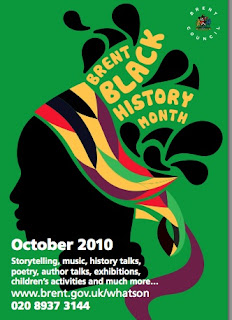The Wolf Ridge Press Imaginative Poetry Prize
This poetry book series honors the poet who has demonstrated the best poetic illumination of the mysterious and quirky movements of the human imagination. One manuscript will be published each year by Wolf Ridge Press of San Francisco and distributed by Small Press Distribution of Berkeley, California.
Deadline: December 1. This is a postmark deadline.
Manuscript Guidelines:
- Manuscripts must be typed and single-spaced, no more than one poem per page on good quality paper, 8 ½ x 11 inches.
- Photocopies or copies from letter-quality printers are acceptable.
- Manuscripts should not be bound or in a folder but binder-clipped or rubber-banded together.
- Send them along with the standard entry form below, a $25 entry fee payable to Wolf Ridge Press and a SASE if you wish to be notified of contest results to:
Wolf Ridge Press Imaginative Poetry Prize,
350 Parnassus Ave #900,
San Francisco, California 94117
- The manuscript should have a title page without other information on it and a separate title page with the name, address, phone number and email address for the poet.
- The author’s name should not appear anywhere on the manuscript proper.
- Do not send acknowledgements page or list of previous publications.
- Only 48-70 page manuscripts are eligible.
- Poems previously published in periodicals are eligible for inclusion but manuscripts previously published in their entirety are not.
- This award series is open to all authors writing original works in English for adult readers. Friends or former students of the editors at Wolf Ridge Press are not eligible.
- Concurrent submissions are permitted as long as we are notified as soon as your manuscript receives another award.
- Revisions during the course of the contest cannot be considered but winning authors will have an opportunity to make changes before publication.
- The publication of winning manuscript will be 1000 copies with 50 copies to the author in lieu of royalties. The winning poet will receive a prize of $500.00.
Explore this web site to view our previous publications and read a few selected poems.
The editors at Wolf Ridge Press will judge this competition.
You may download these entry guidelines along with the entry form here.
The Editors
Joan Baranow, PhD, is an Assistant Professor of English at Dominican University of California. Her poetry has appeared in The Paris Review, Western Humanities Review, The Antioch Review, The Western Journal of Medicine, and other magazines. Her poetry has also appeared in Women Write Their Bodies: Stories of Illness and Recovery, issued in 2007 by Kent State University Press. Her book of poetry, Living Apart, was published by Plain View Press. With her husband David Watts, she produced the PBS documentary Healing Words: Poetry & Medicine, airing nationally in 2008-2011.
David Watts, MD, has published a second book of stories, The Orange Wire Problem, which along with Bedside Manners, forms a body of work which explores the intricacies of the art of medicine. He has published four books of poetry and a CD of “word-jazz.” He is an NPR commentator on All Things Considered, a producer of the PBS program Healing Words: Poetry and Medicine, and a gastroenterologist at UCSF.
Ann Pelletier earned her MFA in poetry from San Francisco State University. Her work has appeared in the Antioch Review, Alimentum, Arts & Letters, Cider Press Review, Columbia, Loonfeather, The Santa Clara Review, Volt and other journals. She was awarded the Academy of American Poets University and College Poetry Prize three times and received the Arts and Letters Prize for Poetry. She lives and works in Western Nevada.


















